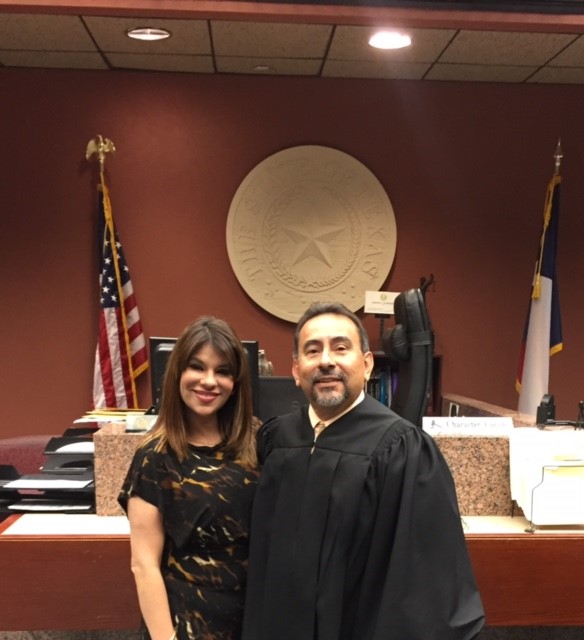July was Minority Mental Health Month and it was an exciting time in El Paso, Texas. Mental health was highlighted on July 16th, and several speakers discussed the importance of reducing stigma and increasing awareness of mental health and treatment in minority communities.
At an event sponsored by El Paso’s local NAMI, Judge Anchondo, a judge in the DWI Treatment Court, talked eloquently about the importance of discussing the impact of mental illness and substance use on communities, and the value of educating communities about the huge toll that mental illness and substance use have. He also stressed the importance of educating judges and other members of the judiciary about mental illness, and reported that the DWI Drug Court Intervention and Treatment Program/Criminal Court at Law 2 are looking forward to developing and implementing a mental health court as a way of diverting mentally ill defendants out of the criminal justice system and into treatment.
It’s important to note that the El Paso County’s DWI Drug Court Intervention and Treatment Program received national recognition as one of only four DWI Academy Courts in the United States on March 25, 2014.
As a person with lived experience, I want to recognize Judge Anchondo for his visionary and transformative leadership. I admire the focus he has on the improving the lives of the individuals who appear in court before him. He has created a culture in his courtroom that can serve as a model for other treatment courts.
For example, his holistic approach in treating the whole person allows the court to address many of issues that hinder recovery and success when participating in community services. He continues to emphasize the importance of behavioral health and primary care, ensuring that uninsured individuals appearing before him apply for insurance under the Affordable Care Act. He has even more extensive plans to improve the outcomes of participants in the treatment court.
In addition, the DWI court staff will learn about mental illness and treatment through the NAMI Family-to-Family Course. This is a free, 12-session course for family members, significant others, and friends of individuals living with mental illness.
Research shows that the program significantly improves the coping and problem-solving abilities of the people closest to an individual living with a mental health conditions. This will give staff a firsthand look into the impact that mental illness has upon individuals living with mental illness and their families. Most importantly, court members will learn about what supports and strategies are most helpful to those living with mental illness and their families
Services will also be offered to help Veterans obtain employment. Veterans will attend a Job Club that is operated by the local VA. Other individuals will be encouraged to obtain their GED and to attend local community colleges.
Participants will work on a housing plan to improve their housing situation. Participants will address many of the barriers that prevent them from taking advantage of the affordable housing that is available in their communities. This includes, but is not limited to, rehabilitating their credit, obtaining credit counseling, and other services to prepare them for independent living and even home ownership. In addition, there are several county, state, and federal affordable housing initiatives that are taking place in El Paso.
In closing, I would like to emphasize that judges are an integral part of transforming a community’s criminal justice system. They can transform their courtrooms from places of punishment and hopelessness to places that provide opportunities for treatment and recovery. I am the evidence that such an approach can be a turning point in someone’s life. I can now be a role model to other individuals appearing in the treatment courts; giving them hope that recovery and a productive life in the community are achievable goals.


